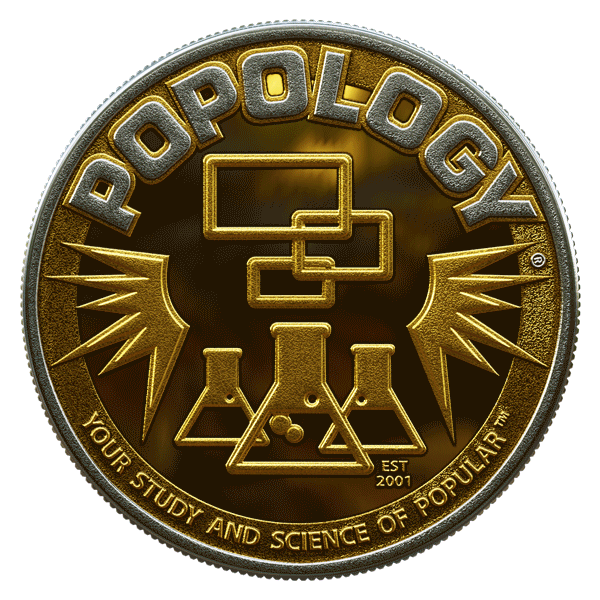John Ronald Reuel Tolkien, born on January 3, 1892, in Bloemfontein, South Africa, was an English writer, philologist, and academic renowned for his high-fantasy works, The Hobbit and The Lord of the Rings trilogy.
Encyclopedia Britannica

Early Life and Education
After his father's death in 1896, Tolkien's mother, Mabel, relocated the family to England, settling in Birmingham. She homeschooled Tolkien, introducing him to languages and literature, which sparked his lifelong passion for philology. Following her death in 1904, Tolkien and his brother were placed under the guardianship of a Catholic priest, Father Francis Morgan.
Tolkien attended King Edward's School in Birmingham and later Exeter College, Oxford, where he studied Classics before switching to English Language and Literature, graduating with first-class honors in 1915.

World War I and Academic Career
During World War I, Tolkien served as a second lieutenant in the British Army, experiencing the Battle of the Somme. The harrowing experiences of war profoundly influenced his later writings. After the war, he joined the Oxford English Dictionary project and later became a professor at the University of Leeds. In 1925, he returned to Oxford as a professor of Anglo-Saxon, a position he held until 1945, after which he became the Merton Professor of English Language and Literature until his retirement in 1959.


Literary Contributions
Tolkien's academic background in philology and mythology significantly influenced his creative works. In 1937, he published The Hobbit, a children's fantasy novel that introduced readers to Middle-earth. The book's success led to the more complex and expansive The Lord of the Rings trilogy, published between 1954 and 1955. These works are celebrated for their intricate world-building, deep mythological roots, and complex languages, all products of Tolkien's scholarly expertise.


Personal Life
Tolkien married Edith Bratt in 1916, and they had four children: John, Michael, Christopher, and Priscilla. His deep Catholic faith and love for his family were central to his life. After Edith's passing in 1971, Tolkien's health declined, and he died on September 2, 1973, in Bournemouth, England.
Tolkien Estate


Legacy
Tolkien's works have left an indelible mark on modern fantasy literature, inspiring countless authors and adaptations. His meticulous creation of Middle-earth, complete with its own histories, languages, and cultures, set a new standard for world-building in fiction. Posthumously, many of his unpublished works, including The Silmarillion, were edited and released by his son Christopher, further enriching the lore of Middle-earth.


J.R.R. Tolkien’s work stands apart because he didn’t just write stories—he built an entire mythology. Few authors have matched the depth, complexity, and originality of his creations, and there are several reasons why his work remains unparalleled:


1. World-Building on an Epic Scale
Middle-earth wasn’t just a setting; it was a fully realized world with its own geography, history, cultures, and languages.

Tolkien created languages like Elvish (Quenya and Sindarin), complete with grammar and vocabulary, showcasing his background as a philologist.
The histories of Middle-earth, detailed in The Silmarillion and appendices of The Lord of the Rings, go back thousands of years, rivaling real-world mythologies.

2. Scholarly Depth and Linguistic Genius
Tolkien was a professor of Anglo-Saxon and a philologist, deeply immersed in ancient languages, mythology, and epics.
He wove elements from Norse, Celtic, and Anglo-Saxon traditions into his narratives, grounding his stories in a sense of timelessness.

His expertise in language gave his books linguistic authenticity—something no other fantasy author has matched at the same scale.

3. Timeless Themes
Tolkien explored universal struggles—good versus evil, hope versus despair, and courage against impossible odds.
He also touched on deeply personal themes like loss, mortality, and redemption, making his work emotionally resonant across generations.


4. Mythology and Symbolism
Rather than just crafting a narrative, Tolkien set out to create a mythology for England, similar to Greek or Norse myths.
The richness of his legends, like the creation of the world in The Silmarillion and the forging of the One Ring, gave his stories a mythic weight that most modern fantasy lacks.

5. Layered Storytelling
The Lord of the Rings operates on multiple levels—as an epic adventure, a political allegory, a spiritual journey, and even a meditation on war and loss.
Readers can revisit his works multiple times and continue discovering new layers of meaning.

6. Personal Vision and Perfectionism
Tolkien spent decades refining his world. He began working on Middle-earth as early as 1914 and continued revising details until his death in 1973.

His relentless commitment to detail ensured that every piece of his world—maps, languages, and histories—felt authentic and interconnected.

7. Influence and Standards
Tolkien defined the modern fantasy genre. Many authors have followed in his footsteps, but their works often borrow from the foundations Tolkien laid rather than inventing entirely new mythologies.
His success created expectations for what fantasy should be, and many authors struggle to break free from his influence without simply imitating him.
8. Cultural and Emotional Impact
Tolkien’s work resonates because it speaks to universal human experiences—loss, friendship, heroism, and hope.
The emotional depth and moral complexity of his characters, like Frodo’s burden or Aragorn’s struggle with destiny, make the story deeply personal as well as epic.

Why No One Has Matched Him
Time and dedication: Few authors devote a lifetime to a single mythology. Tolkien’s work was a labor of love, not just a commercial endeavor.
Expertise: His combination of literary scholarship, linguistic mastery, and love of mythology is rare.
Impact: Tolkien didn’t just write books; he redefined an entire genre, setting a standard that’s nearly impossible to surpass.
While many authors, like George R.R. Martin (A Song of Ice and Fire)
and Ursula K. Le Guin (Earthsea), have created incredible worlds, none have matched Tolkien’s mythic scope and scholarly depth, which makes him truly one of a kind.


Comments